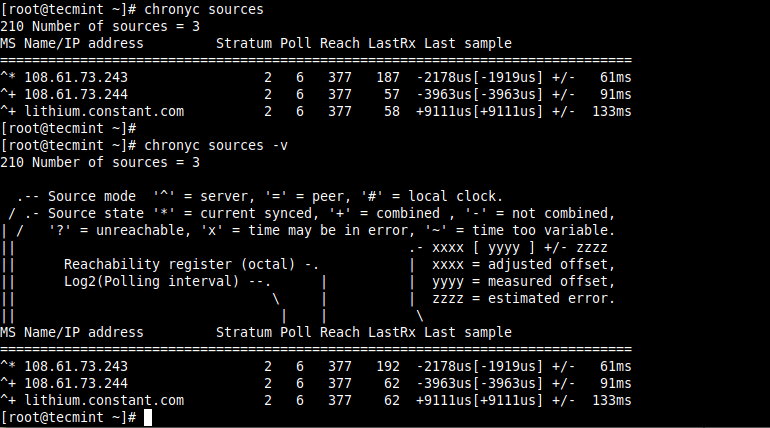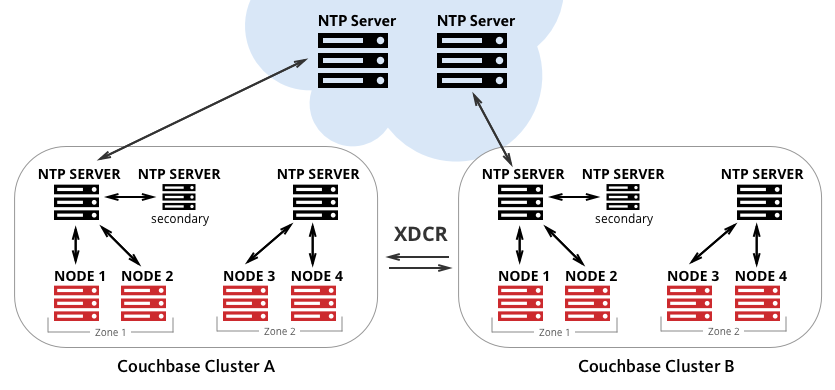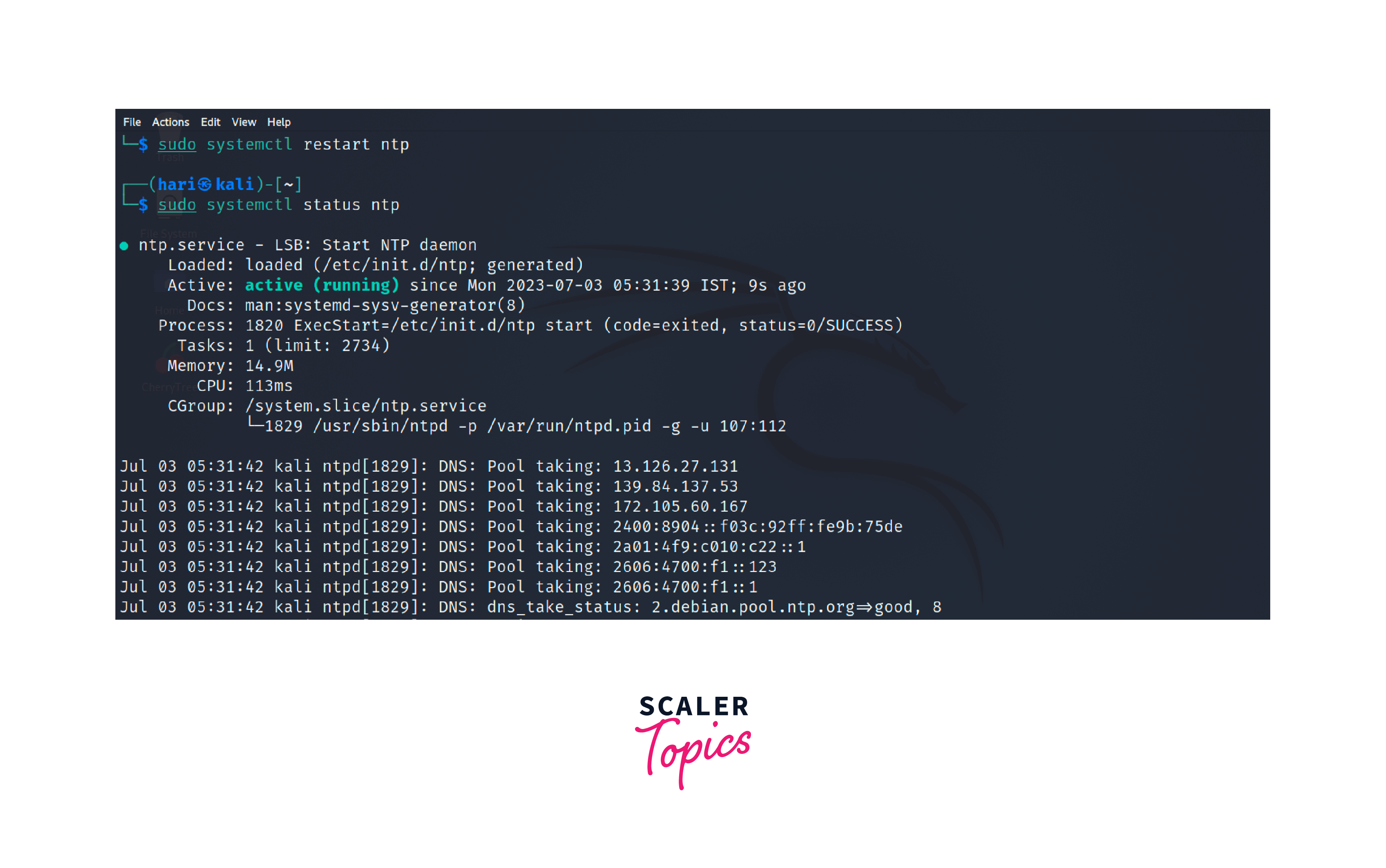Well now, if ya been foolin’ around with your Linux computer and wonderin’ how to keep that thing’s time right, you might’ve heard somethin’ called NTP. NTP stands for Network Time Protocol, and it’s just a fancy way of makin’ sure your computer’s clock don’t run fast or slow. It uses the internet to talk to some servers out there that know exactly what time it is, and it adjusts your clock to match. Pretty clever, ain’t it?
Now, don’t go gettin’ all confused. If you’re usin’ Ubuntu 20.04 or some other newer Linux version, it’s probably already set up for ya. That’s right, this time syncin’ business is already built in, so you don’t gotta do much unless you wanna fiddle with things a bit.


What’s happenin’ under the hood is that systemd’s timesyncd service is doin’ the hard work. Systemd’s the thing that runs your computer’s system, and it’s got a nice little time-sync feature called “timesyncd” that keeps your clock in check. Now, you don’t even have to think about it—unless you need to change something, of course.
If you want to make sure your system is syncin’ up right with a time server, all you need to do is use a command called timedatectl. It’s a tool that lets you set the time zone, and also lets you enable automatic syncin’ with a time server. You just type in a couple commands, and boom, you’re good to go. Let me show you how.
First off, to check if your time is bein’ synced right, open up a terminal and type this:
timedatectl statusIf you see something like “NTP synchronized: yes,” then you’re all set. If it says no, well, we’ll fix that too. You can turn on time synchronization like this:
sudo timedatectl set-ntp trueThis little command tells your system to start syncin’ with a time server automatically. Don’t worry about nothin’—it’ll start talkin’ to the servers and get your clock right as rain.
Now, let me tell ya somethin’ about how NTP works behind the scenes. The way NTP servers talk to each other, they have what’s called an “exponential backoff.” This means the system doesn’t keep checkin’ the time every second. Nope. Instead, it starts checkin’ every 64 seconds, and then doubles that time each time. It’s like a slow start, but it gets the job done.
So, let’s say you wanna check if your NTP server is workin’ right. You can look at a program called ntpd (that’s the time daemon) by runnin’ this command:
ntpq -pThis will show you the list of servers your system is talkin’ to, and whether it’s all syncin’ up good. If everything looks right, then you know your clock is bein’ kept in line with them fancy time servers out there.


If you’re the curious type and wanna mess around with things, you can also pick a different NTP server. Sometimes the default servers ain’t the fastest or most reliable, so you can point your system to a different one. Just open up the NTP configuration file and change the server entries. Here’s how you do it:
sudo nano /etc/*Once you’re in there, you’ll see a bunch of lines that look like this:
server *.*
server *.*
server *.*
You can replace these with other NTP servers if you want, but be careful! Make sure they’re reliable, or you might end up with a time that’s all over the place.
In short, if you’re runnin’ a Linux system, especially Ubuntu, chances are your time’s already bein’ synced up with a server out there. If it ain’t, though, you can fix it real easy by usin’ the timedatectl command. Just a few keystrokes, and you’re done. No need to go worryin’ about it again for a long while!
Now go on, make sure your time’s right and your computer don’t get all confused. Ain’t no reason for that! Time waits for no one, and neither should your computer!
Tags:[NTP, Linux Time Sync, Network Time Protocol, Ubuntu 20.04, Time Synchronization, Systemd, Time Server, Linux Time]





